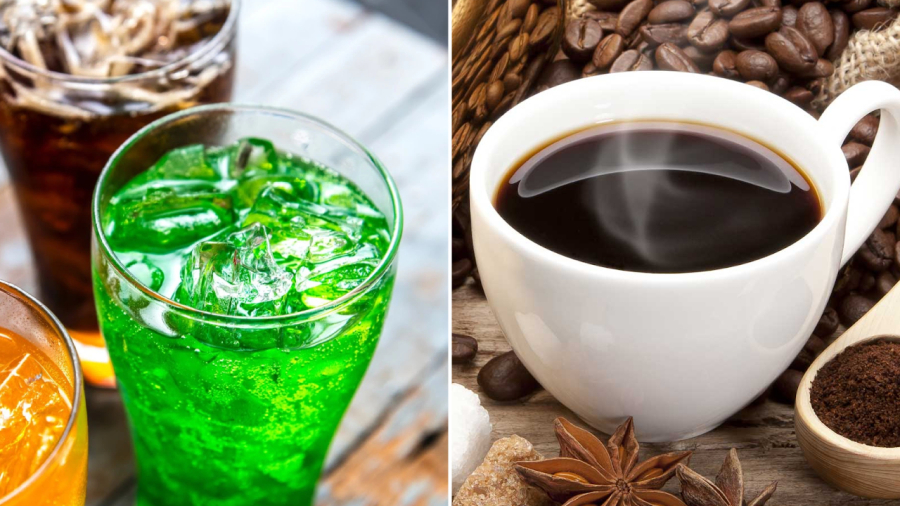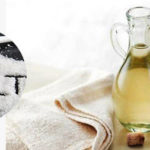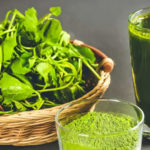Foods High in Salt
Foods like pickles, sausages, instant noodles… although tempting, are not good for your health. They contain more sodium than your body needs. Sodium is the culprit that depletes calcium in your bones. Consuming too much salt for a long time can increase the risk of osteoporosis. Research shows that for every 1000mg of sodium metabolized by the body, 26mg of calcium will be excreted at the same time. Therefore, consuming too much sodium speeds up the body’s calcium loss.
A study published in the Asia Pacific Journal of Clinical Nutrition in December 2016 found that Chinese men who had a habit of eating salty food were more likely to have osteoporosis.
An adult should only consume 5 grams of salt per day (according to the World Health Organization’s recommendation).

Foods High in Fat
Consuming foods high in fat can lead to several health issues, including inhibiting the body’s calcium absorption and accelerating calcium loss. In the long run, it can lead to osteoporosis and other negative effects on bone health.
Regardless of age, it is recommended to limit the consumption of foods high in fat. Common fatty foods in daily life include fried foods, animal organs, fatty meats…
Soda
Sodas may provide a refreshing and thirst-quenching sensation, but they have many potential risks to health. Drinking a lot of carbonated sodas has been shown to be associated with reduced bone density and increased risk of bone fractures.
A study published in the American Journal of Clinical Nutrition in September 2014 found that participants who consumed carbonated sodas had a higher risk of hip fractures compared to those who did not drink them.
Another study published in Advances in Nutrition in January 2017 showed that reducing soda consumption along with other foods such as sweets, desserts, fried foods, and processed meats has a positive impact on bone health.

Coffee
Coffee is a favorite beverage for many people. It provides a wake-up effect due to its caffeine content. However, consuming too much coffee can affect the body’s calcium levels. The reason is that caffeine has stimulating properties that affect calcium absorption in the intestine and accelerate the excretion of calcium from the body.
Therefore, it is recommended to consume coffee in moderation.
Foods High in Folic Acid
Foods high in folic acid also have a certain impact on the body’s calcium absorption. Folic acid combines with calcium in the body to form insoluble precipitates or solid calcium salts. This prevents the body from absorbing calcium and, in the long run, leads to calcium deficiency.
Some foods that are high in folic acid that you should pay attention to are duckweed, bamboo shoots, broccoli, asparagus… When supplementing calcium, it is advisable to limit the use of these types of foods. Of course, if you eat foods high in folic acid in a reasonable manner, your body still receives many benefits.
Foods high in fat can inhibit the body’s absorption of calcium and accelerate its loss. This can lead to osteoporosis and other negative effects on bone health over time. It is recommended to limit fatty food consumption, including fried foods, animal organs, and fatty meats, regardless of age.
Yes, drinking carbonated sodas is associated with reduced bone density and an increased risk of bone fractures. Studies show that consuming sodas can lead to a higher risk of hip fractures. Reducing soda intake, along with sweets, desserts, fried foods, and processed meats, is beneficial for bone health.
While coffee provides a wake-up effect due to its caffeine content, excessive consumption can impact calcium levels. Caffeine stimulates the body and affects calcium absorption in the intestine, leading to accelerated calcium excretion. It is recommended to consume coffee in moderation.
Yes, folic acid combines with calcium to form insoluble precipitates or solid calcium salts, preventing the body from absorbing calcium efficiently. This can lead to calcium deficiency over time. When supplementing calcium, limit foods high in folic acid like duckweed, bamboo shoots, broccoli, and asparagus.





































